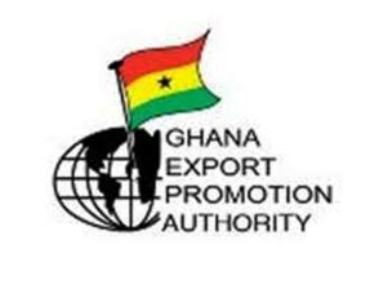Ghana Export Promotion Authority to drive government’s agenda
 The Ghana Export Promotion Authority (GEPA) is working towards achieving the vision of the Government to move the nation from consumption to production and export-based economy.
The Ghana Export Promotion Authority (GEPA) is working towards achieving the vision of the Government to move the nation from consumption to production and export-based economy.
To this end, GEPA had identified some crops that would be developed for export including cashew, mango, pineapples and Shea butter.
Madam Gifty Kekeli Klenam, the Executive Director of GEPA, at the launch of the Economic, Trade and Investment Bureau in Accra on Monday, said GEPA had targeted to export $10 billion worth of value-added products in the next four years.
She said cashew would constitute 40 per cent of the targeted amount, 20 per cent for shea butter while other crops such as mango, yam, pineapples, vegetables and clothing would share the rest of the 40 per cent.
Madam KlenamL said GEPA had developed a 10-year sustainability plan for production of cashew and would add value to it so that the nation would earn more foreign exchange.
“We are going to change the export sector in Ghana and for every product we have identified, sustainability of production is the key,” she said.
The event is on the theme: “The New Dynamics of Economic Diplomacy Strategies to Maximise Investment, Trade, Culture and Tourism Potentials of Ghana”.
Madam Klenam said GEPA had developed a concept document for processing pineapples and that some banks had adopted it and were prepared to invest in the venture.
She said GEPA was preparing 15 million suckers of pineapple and would need GH¢4.2 million to process them adding that it would fetch the country an estimated $13.1 million in some few years.
There are 17 existing pineapple factories in the Eastern Region that do not have the raw materials for production making the value-added pineapple suckers the Authority is preparing to have ready market.
She said although some of the factories had farmers that produced suckers for them, the value addition suckers from the GEPA would enhance production.
Madam Klenam said GEPA had identified one crop from each district, which would be developed for export, adding that every district assembly where a particular crop had been identified was supposed to provide storage facilities to prevent post-harvest losses.
She said noted that Ghana had the opportunity of selling to the ECWOAS and European markets, but the nation must work on exporting quality products that met the required standards.
Madam Klenam hinted that the International Monetary Fund (IMF) and some local banks were prepared to fund the crops that had been identified for export.
The Ghana Export Promotion Authority is mandated by the Government to promote, develop and drive the agenda of export strategy in Ghana to earn more foreign exchange.
Source: GNA
